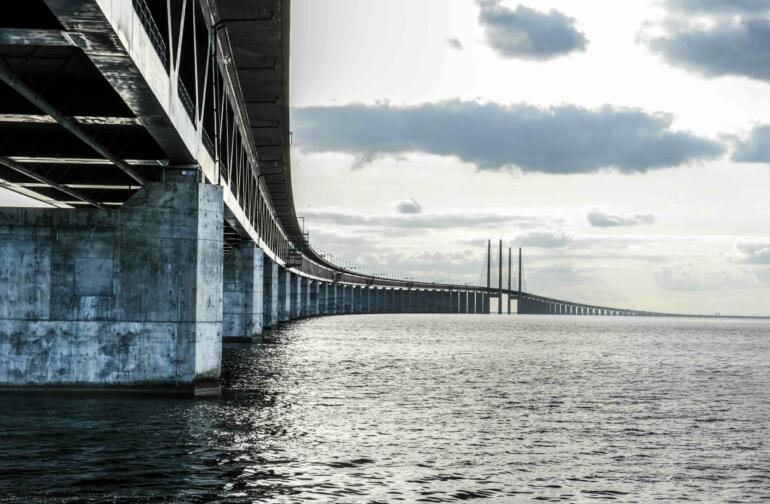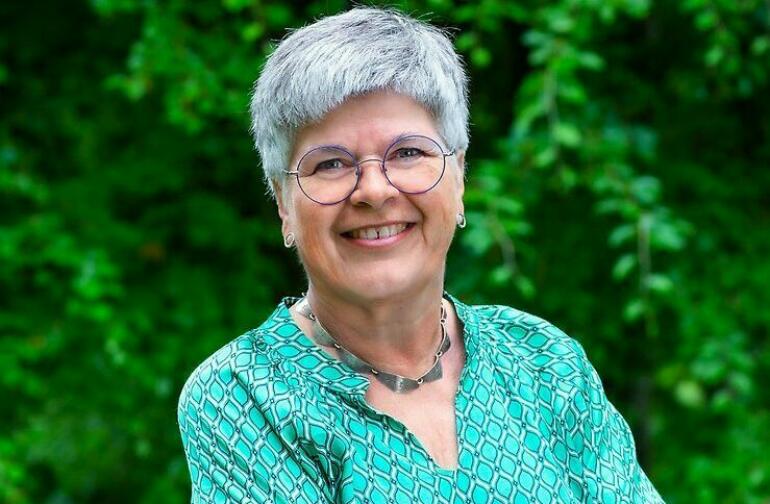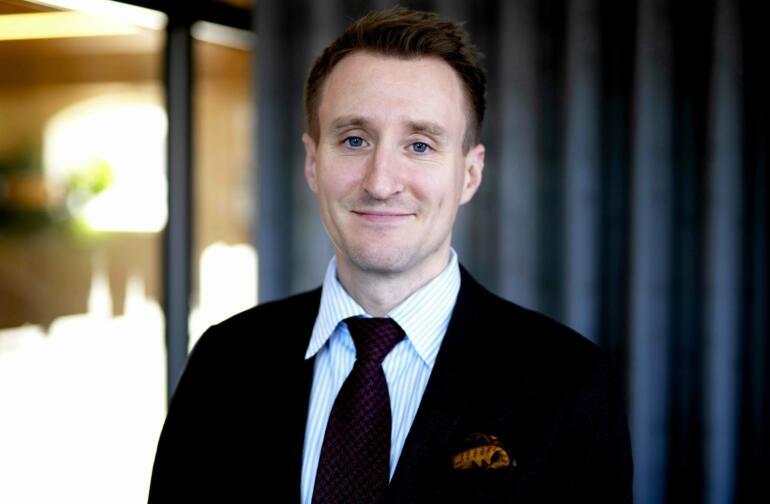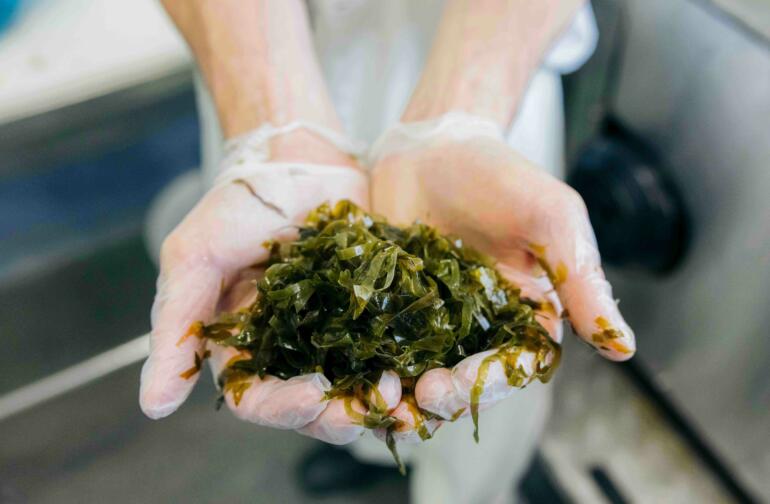The 2024 edition of the OECD Local Development Forum is heading to the Greater Copenhagen Region under the theme ”Building bridges, shaping tomorrow”.
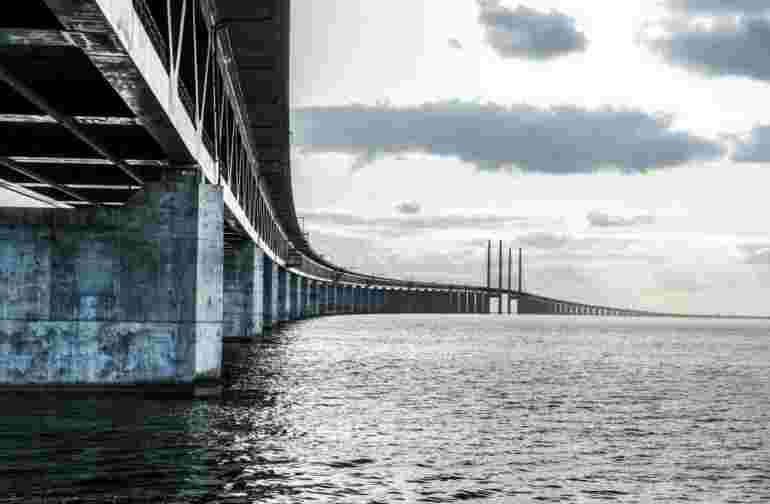
At this year’s OECD Local Development Forum in Greater Copenhagen, Halland will be featured both on the speaker panel and in the exhibition area. With a focus on cross-border collaboration and sustainable growth, representatives from Halland will share insights on how the region is navigating the challenges of labor markets and regional transformation. Additionally, Halland will showcase its innovative blue bioeconomy initiatives, highlighting new opportunities for both the local community and the environment.
The OECD Local Development Forum is a global community dedicated to fostering more resilient, inclusive, and sustainable communities. The Forum gathers representatives from regional and national governments, employment and training agencies, chambers of commerce, businesses, NGOs, and more, all united by their commitment to local development.
Acting as a two-way street between the OECD and local communities, the Forum not only brings cutting-edge OECD research and analysis to local settings but also ensures that local voices and innovations inform and inspire the OECD’s work. This year, the Forum will take place in Greater Copenhagen, and Halland will be represented both on the speaker list and in the exhibition area.
Working across borders
Helene Andersson, 1st Vice Chairman of the Regional Board of Halland and party group leader for the Center Party, will participate in a panel discussion on “working across borders.” Helene’s extensive work in regional and cross-border collaboration, including her roles in STRING and the Structural Fund Partnership for Western Sweden, positions her to reflect on Halland’s dynamic labor market.
Helene Andersson, 1st Vice Chairman of the Regional Board of Halland and party group leader for the Center Party
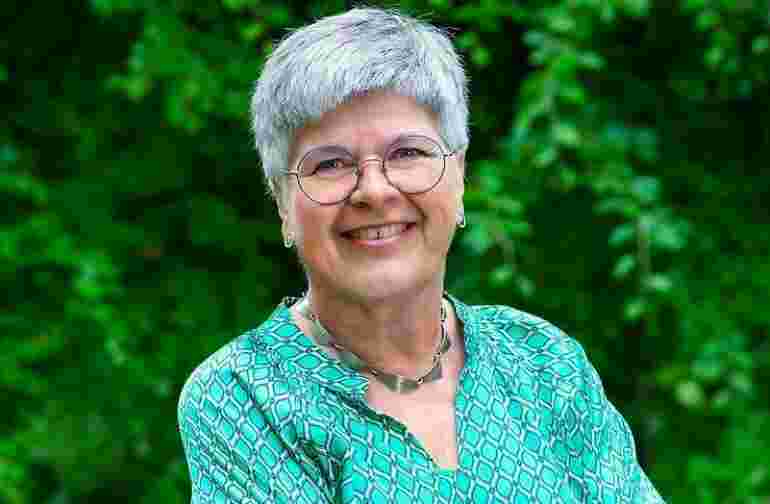
”Since Halland’s motto is ‘the best place to live,’ we need to ensure that the labour market reflects both regional strengths and national trends. With sectors like agriculture, tourism, and industry driving growth, and Halland’s geographical position between Gothenburg and Malmö, cross-border collaboration becomes essential to meet future labour demands. The Greater Copenhagen collaboration is also crucial for enhancing mobility in the region by promoting joint investments in infrastructure, which are vital for a well-functioning, expanded labour market region,” Helene states, adding,
”Through partnerships within the Greater Copenhagen collaboration, Halland can leverage opportunities to address skills shortages and align labor supply with future needs.”
Local leadership for place transformation
Bo-Josef Eriksson, Regional Development Director at Region Halland, will be participating in a deep-dive talk titled “Local Leadership for Place Transformation.” As someone responsible for key areas such as business development, infrastructure, sustainability, and public transportation, Bo-Josef is well-versed in the unique challenges and opportunities that come with regional leadership.
Bo-Josef Eriksson, Regional Development Director at Region Halland
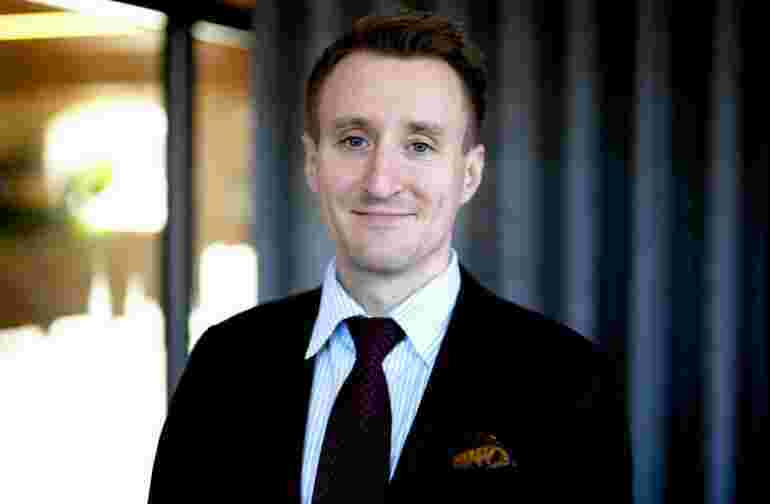
True transformation happens when local leaders see beyond immediate challenges and embrace the potential for long-term growth. By fostering collaboration across sectors and borders, we can create regions that are not only resilient but thrive in the face of future demands
Bo-Josef Eriksson, Regional Development Director at Region Halland
Blue Food from Halland at the Local Initiatives Marketplace
In the Local Initiatives Marketplace, Halland will showcase its innovative approach to the blue bioeconomy. David Andersson, project manager at Falkenberg municipality and Valerie Scheib, strategist at Region Halland, will highlight the region’s pioneering work in this field, demonstrating how blue food initiatives contribute to local development.
Conditions off the Halland coast are optimal for seaweed farming
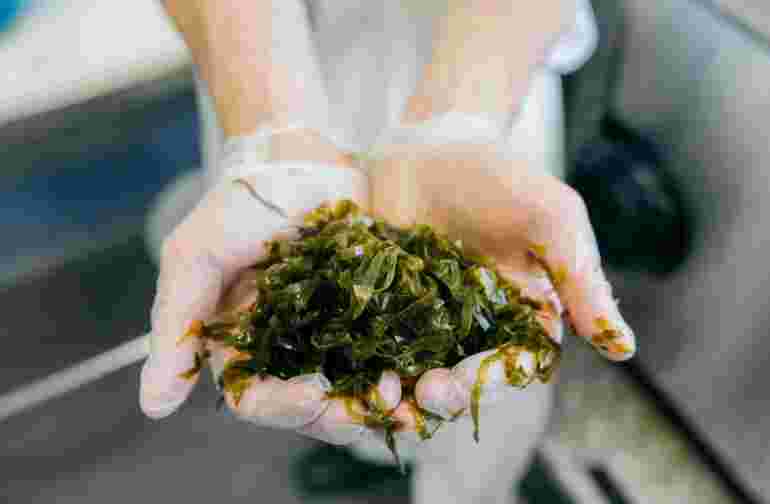
“The blue bioeconomy is not just about sustainability—it’s about creating new opportunities for local communities while supporting the global food system. In Halland, we’re committed to exploring these possibilities in ways that benefit both people and the environment,” shares Valerie Scheib.
